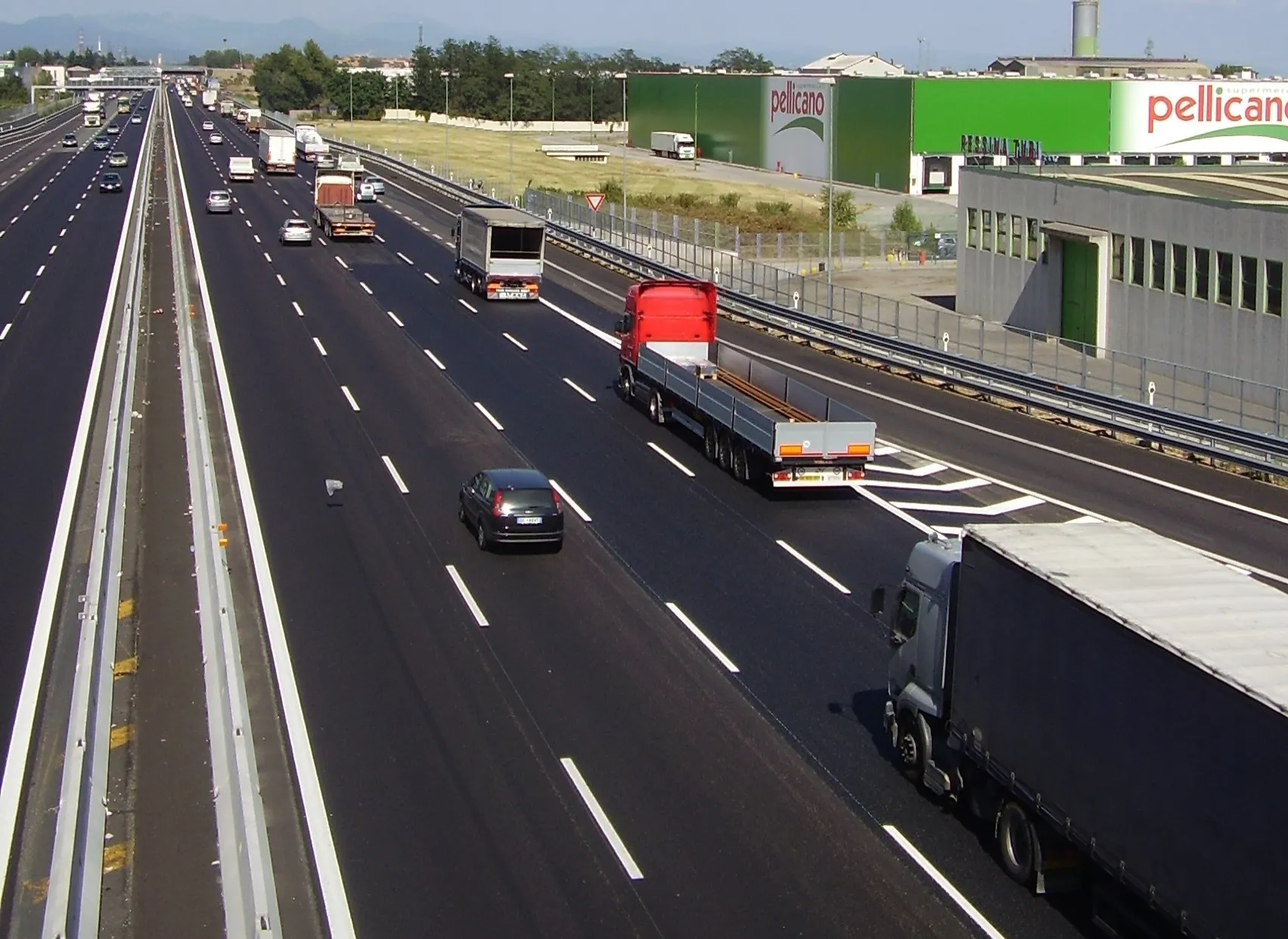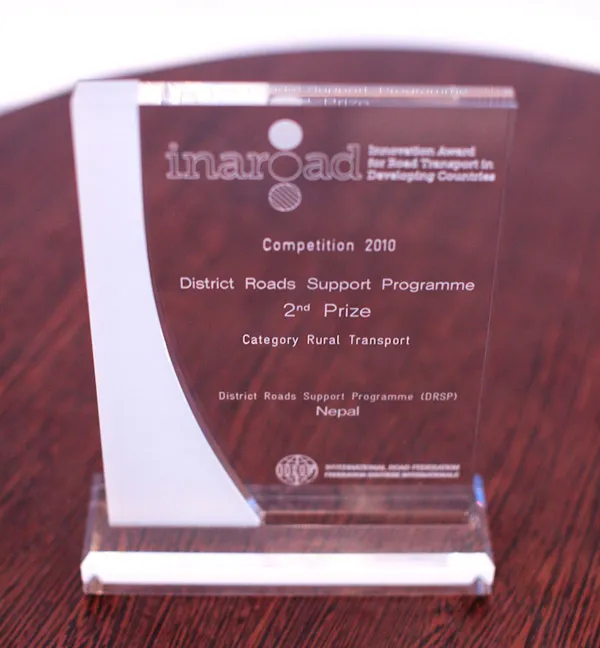
Transport is an essential factor in ensuring economic activity and measures must be taken to support this sector. That is the joint statement from associations representing transport sectors across Europe.
The World Health Organisation (WHO) has declared the COVID-19 a pandemic and governments worldwide have taken wide-ranging measures to contain the spread of the virus. This is limiting transport.
However, the associations point out that the transport sector has a crucial role to play in the supply of goods, in particular medicines, medical devices, food and other essential commodities needed to overcome this crisis. The transport sector also proves to be a vital instrument in these times where many European citizens are restricted in their mobility.
European associations have come together to make a joint statement on the situation. These bodies represent transport, infrastructure managers, operators, workers in all transport modes and logistics, contractors, local and regional authorities, logistics service providers, shippers, users and equipment suppliers in the maritime, port, inland waterways, railways, road, cycling, aviation and intermodal sectors.
The statement highlights the key role transport and logistics are playing for the supply of essential goods in this critical period, stressing that transport infrastructure is in this respect critical infrastructure. The bodies show their respect and support to all workers in the supply chain enabling the continuity of transport services, the movement of goods and essential commodities, as well as the repatriation of stranded citizens, and playing a major role in helping the European citizens to overcome this crisis. The orgnaisations call on the Member States to enable smooth border crossings for freight transport, both intra-EU and with third countries, in this respect fully support the establishment of green freight lanes in coordination with the concerned transport stakeholders. The statement also supports the measures and actions taken on EU-level and by national governments to contain the spread of COVID-19 and calls on the Members States to coordinate their response to the COVID-19 and to follow the European Commission’s guidelines on border management. The group reiterates the importance of protecting the health and safety of transport workers, notably through personal protective equipment, as well as access to clean and disinfected sanitary facilities, food and drinks. The group highlights that the transport and logistics sectors are based on a physical work force and calls on the European Commission and the Member States to facilitate its mobility, including repatriation of the transport work force. The group urges policy makers to assist the heavily affected transport sector in its recovery, to ensure future connectivity for both passengers and freight, and to revitalise the arteries of the internal market as soon as the crisis is over.







